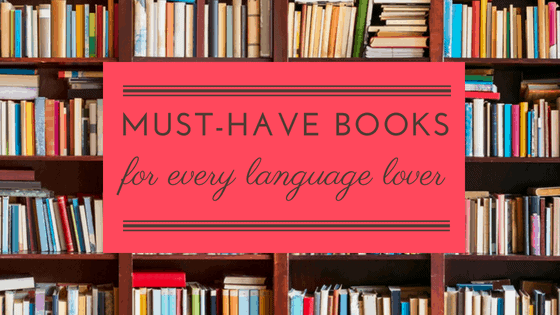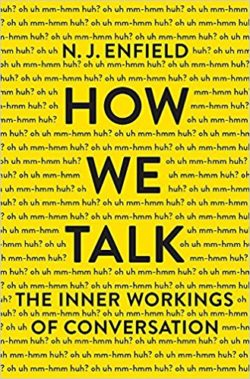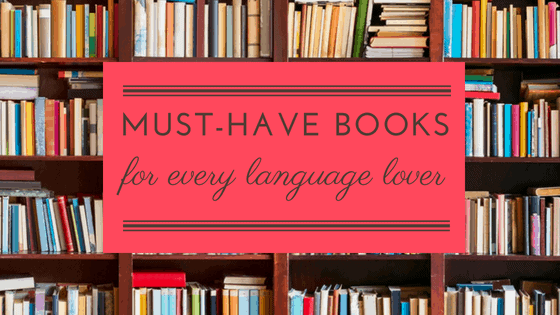
Language is one of humankind’s best creations. The art of communication and language – spoken, signed or written – is an invention so complex that even the most advanced scholars and linguists fail to understand it in its entirety. However, many have done a good job of scratching the surface. Thus, TermCoord has compiled a list of books that every avid language lover needs on their shelves. Enjoy!

1. How Language Began, Daniel L. Everett
Daniel L. Everett has dedicated many years of his life to studying the language of the Pirahã people of the Amazon basin. He believes that language isn’t innate but a tool created by humans to solve problems. This book walks us through the first signs of language, beginning with homo erectus’ simple gestures and grammar-less sentences, right up to the present day. It is a must-have for anyone who wishes to understand how language came about, and the complexities of our brains and facial structure, which enables us to speak and understand complex grammatical syntax, when animals cannot.
2. How We Talk: The Inner Workings of Conversation, N. J. Enfield
Did you know one out of every 60 words we say will be “um” or “uh”, or that a “no” answer will come slower than a “yes” answer, regardless of the language being spoken? You can learn many more interesting facts like these in N. J. Enfield’s “How We Talk”. This book explains that, although we had teachers at school who would tell us off for saying “um” too frequently, expressions like these are vital in everyday conversation.
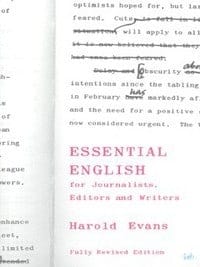
3. Essential English for Journalists, Editors and Writers, Harold Evans
This is one for all budding writers, journalists and editors. Dubbed, “A writer’s bible”, this writing guide explores how to create captivating headlines, what makes a good English sentence and how to rewrite a bad one, and what clichés and other word-traps are to be avoided, amongst many other wordy topics. It is a wonderful tool for journlalists, but moreover, its lessons are of great value to all who struggle to successfully convey information by the written or printed word.
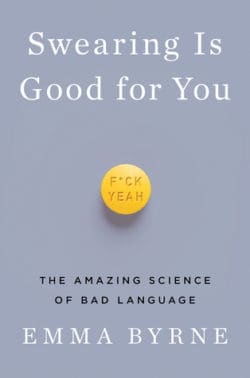
4. Swearing Is Good for You: The Amazing Science of Bad Language, Emma Byrne
We are often scolded for using curse words, and told that excessive use of them is a sign of stunted vocabulary or low intellect. However, recent research carried out by neuroscientists, psychologists and sociologists has revealed that swear words, curses, and oaths―when used judiciously―can have surprising benefits.
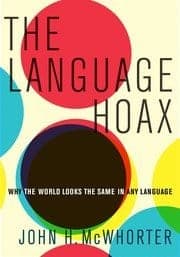
5. The Language Hoax, John H. McWhorter
Does language shape the way we think? For example, Japanese has a term that covers both green and blue. Russian has separate terms for dark and light blue. Does this mean that Russians perceive these colors differently from Japanese people? Linguist John McWhorter argues in his book that while this idea is mesmerizing, it is plainly wrong. It is language that reflects culture and worldview, not the other way around. An interesting read, to say the least!
Compiled by Emma Wynne – Communications Trainee at TermCoord

